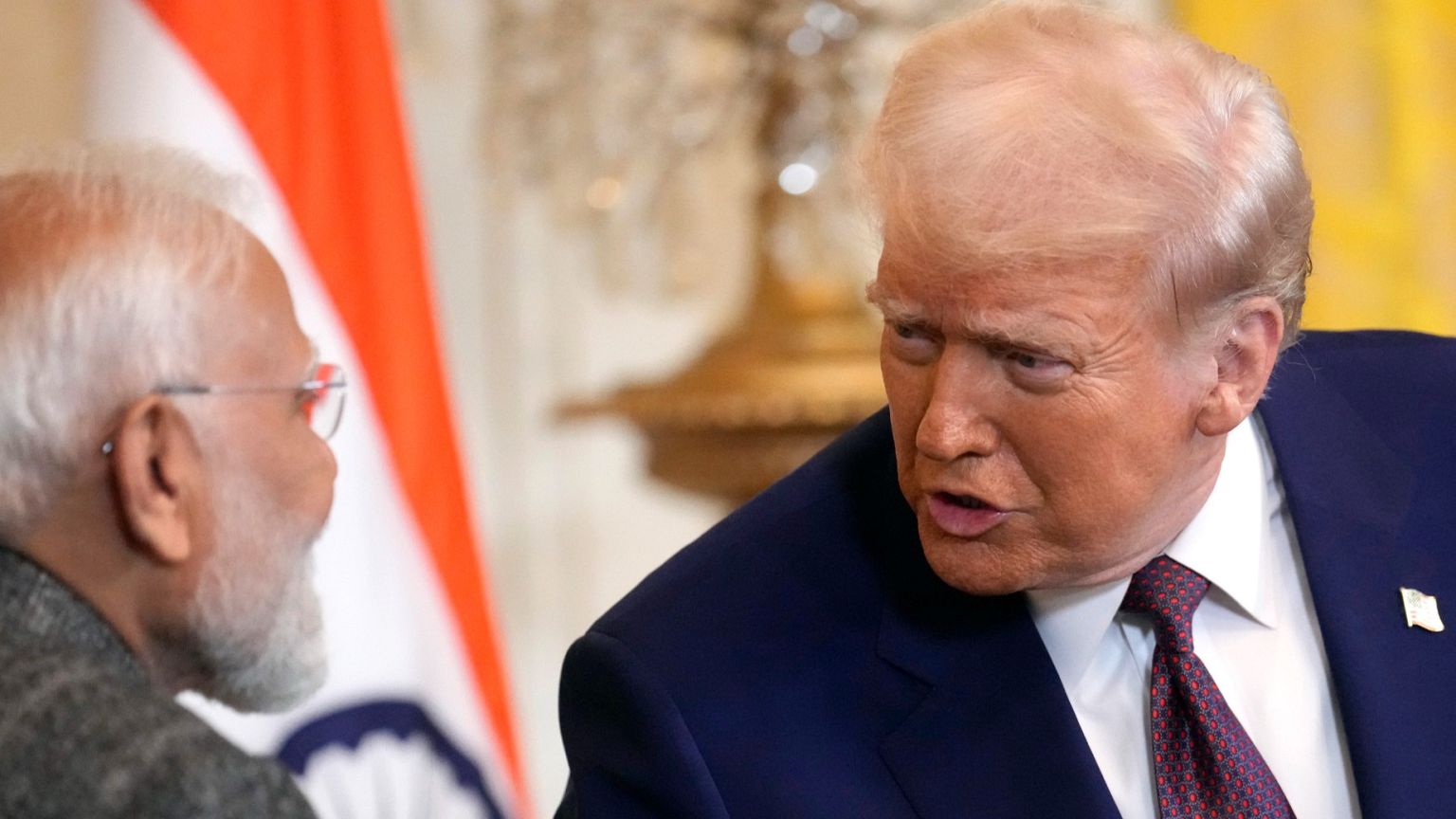Why India and Brazil Defy US Pressure to Maintain Russian Oil Purchases and Boost Energy Security

India and Brazil Stand Firm on Russian Oil Purchases Amid U.S. Pressure
Despite significant political pressure from the United States, two prominent emerging economies have reaffirmed their commitment to continue acquiring oil from Russia. Recent reports highlight that efforts to deter these nations through threats and tariffs have not led to any immediate alterations in their procurement strategies. This steadfast approach underscores complex geopolitical dynamics and resource considerations surrounding global energy markets.
The two countries' decisions reflect distinct but concordant motivations. The cost efficiency and quality of the Russian crude offer substantial benefits to one, whose energy security is a notably critical concern due to imports exceeding domestic production. Meanwhile, the other emphasizes principles of sovereignty over economic sanctions, opposing measures unless explicitly authorized by international consensus bodies. These positions reveal a nuanced balancing act between economic imperatives and diplomatic independence in a turbulent international environment.
Observers and analysts point out that external pressure, especially from dominant powers seeking to enforce compliance, might paradoxically reinforce stay-the-course policies. The economic reliance on Russian crude, combined with limited alternatives and longstanding contracts, makes abrupt shifts challenging. Moreover, there is growing speculation that resistance to such pressure could prompt recalibration in foreign policy orientations, especially for the country coping with significant energy shortfalls.
Economic Rationales Underpinning Continued Russian Oil Imports
For one country, the appeal of Russian oil lies substantially in its affordability and reliable supply chain. Procuring crude at competitive prices is crucial for supporting industrial growth and curbing inflationary pressures linked to energy costs. Additionally, the quality of the oil meets stringent refining requirements, enabling the production of a broad range of petroleum products vital to the domestic market.
These factors have promoted the expansion of long-term contracts that are not easily set aside, even when confronted with external admonitions. The structure and terms of these agreements provide predictability and reduce vulnerability to sudden market swings, reinforcing their attractiveness amid uncertainty in global supply lines.
The second country’s stance further emphasizes legal frameworks governing sanctions, advocating that coercive economic restrictions should only be imposed through internationally recognized mechanisms. This reflects an intention to preserve national autonomy in economic policymaking and avoid precedent-setting exceptions that may undermine multilateral institutions in the long term.
Geopolitical Implications and Strategic Calculations
The persistence in purchasing Russian crude in defiance of external demands signifies a broader geopolitical stance that prioritizes sovereign decision-making and diversified international relationships. Both countries appear to be signaling resistance to unilateral pressure and asserting their role as independent actors on the global stage.
Experts suggest that such defiance may encourage a more multipolar world order, where emerging economies assert alternative alignments rather than conforming solely to the dictates of dominant powers. This dynamic has implications for diplomatic negotiations and economic partnerships across regions, potentially fostering new alliances and recalibrations in international trade flows.
Moreover, the economic interdependence created by sustained energy trade agreements could anchor longer-term cooperation beyond just resource procurement. These ties contribute to shaping strategic dialogues, with energy security serving as a foundational element in broader bilateral and multilateral relations.
Challenges and Future Outlook
Despite strong current commitments, maintaining such energy cooperation amid dynamic geopolitical tensions presents challenges. Fluctuations in global oil markets, evolving sanctions policies, and shifting diplomatic pressures will require continuous assessment and adaptability from both nations.
Domestically, managing the economic benefits while addressing any potential repercussions of external sanctions or tariffs demands careful policy calibration. The sophistication of energy infrastructure and the diversification of supply sources remain priorities to mitigate risks associated with overreliance on any single supplier.
Looking ahead, this situation exemplifies how energy resources remain a potent factor shaping international relations. The interplay between economic needs and political considerations will continue to influence decisions and strategies related to global oil procurement.
In summary, the steadfast acquisition of Russian oil by these two countries amidst external opposition highlights complex intersections of economic pragmatism, diplomatic autonomy, and the evolving geopolitical landscape. Their choices underscore that energy dynamics are pivotal in both national development trajectories and broader global power configurations.
